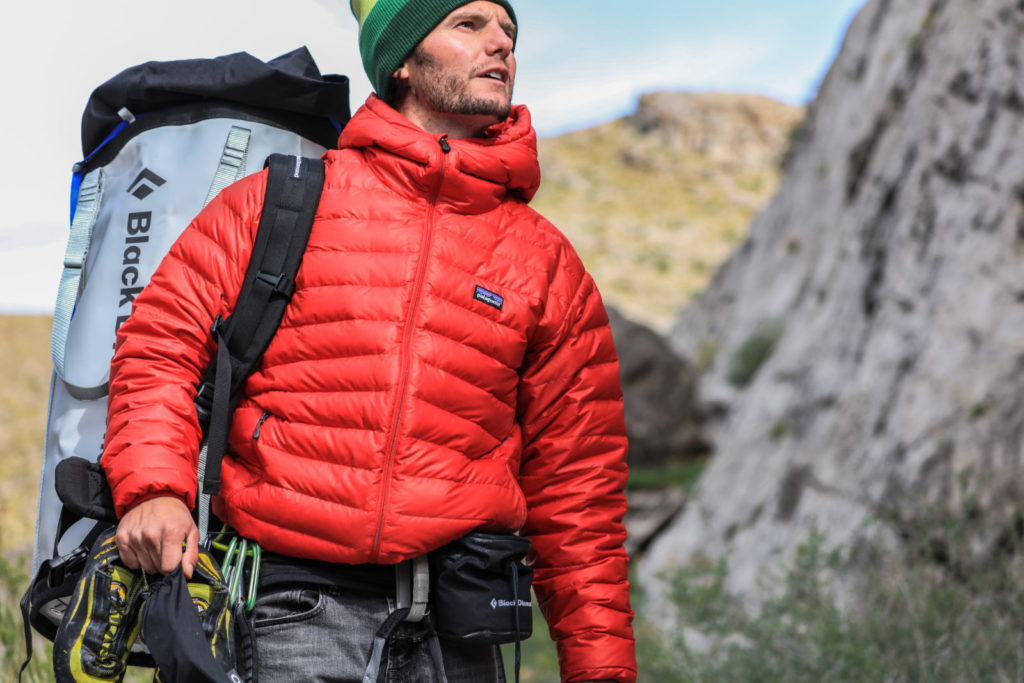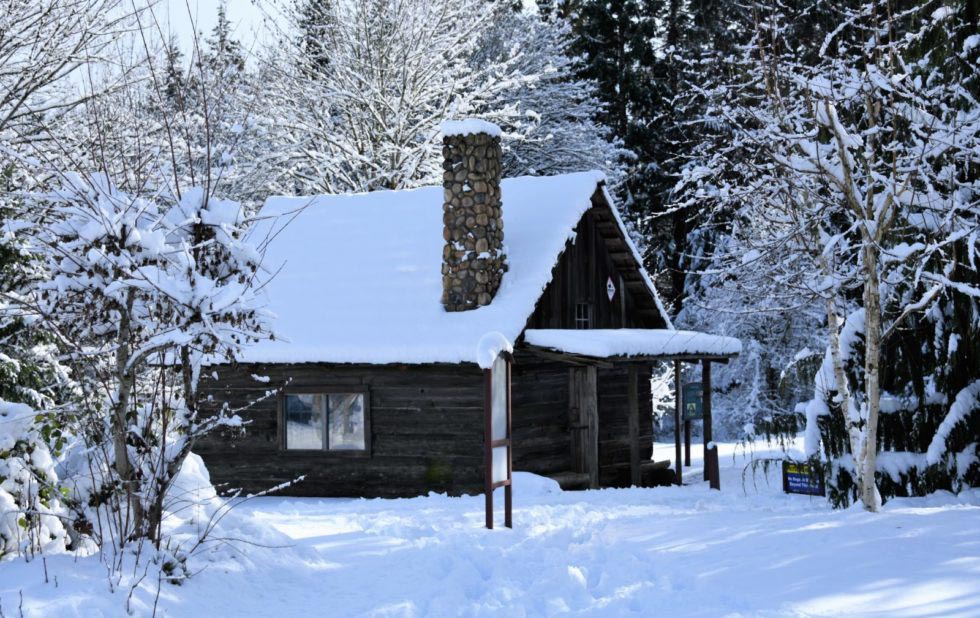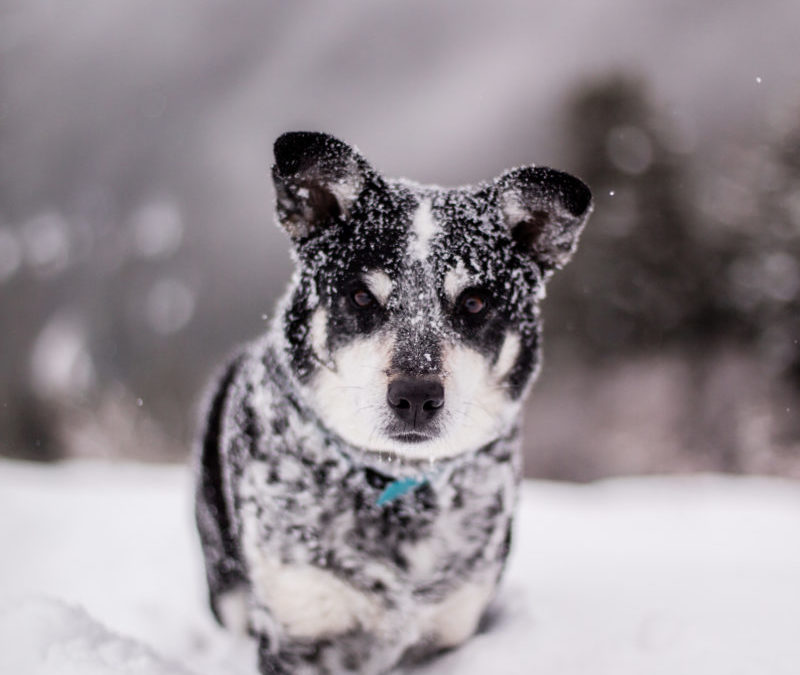The arrival of winter ushers in a mix of emotions for me. I cherish the ski days, snow shoeing, and running in the crisp mountain air. However, I believe SAD (seasonal affective disorder) is a real problem for some people and it is for me. The days are too short, skies are often gray, and, yeah, there’s that gnawing cold.
It’s natural to become less active in the winter and stop certain exercises altogether, such as jogging. Trust me here, getting a move on outdoors will improve your well-being, both mentally and physically.
I understand if you’re concerned about exposure. You may be wondering if winter temperatures will weaken your immune system and leave you more susceptible to colds, etc? Is it even healthy for the lungs to inhale freezing temps during exercise? These are good questions.
There is no evidence that playing and exercising vigorously in winter weather weakens your immune system, as long as you’re dressed properly. Layering your clothing is key. Wear a moisture wicking base layer against your skin (not cotton), an insulating middle layer, and an outer shell. Oh, yes, don’t forget a warm hat – wool or fleece.

Ok, cool, but will my lungs freeze? You can’t actually freeze your lungs even if you are inhaling air at subzero temps. Our bodies are designed for the elements. Freezing temps reach body temperature by the time air gets into the lungs. However, it is possible to feel tightness in the throat and chest due to the processing of cold, dry air. This is bronchoconstriction and it is irritating, but not a health problem.
To avoid discomfort in your throat and lungs try wearing a ski mask, balaclava, or scarf over your mouth. These winter accessories will warm the air and add humidity before it enters the body, which makes breathing much more comfortable.

I’m also sharing this post today because the term, “Cabin Fever,” is widely understood to mean restlessness from prolonged periods indoors while hiding out from winter cold. Well, that may be one aspect we can all relate to, but being housebound also induces depression, social isolation, irritability, increased food cravings, and other issues. This is a different problem from seasonal affective disorder (SAD) and can be just as difficult to deal with.
Getting outside for some exercise will provide some much needed endorphin release during winter and exposure to natural daylight helps our bodies regulate natural cycles. Just taking a walk will give you benefits.
Please share any fun strategies you may have for breaking free from cabin fever and SAD during the winter months.
Photo by Patrick Hendry on Unsplash

